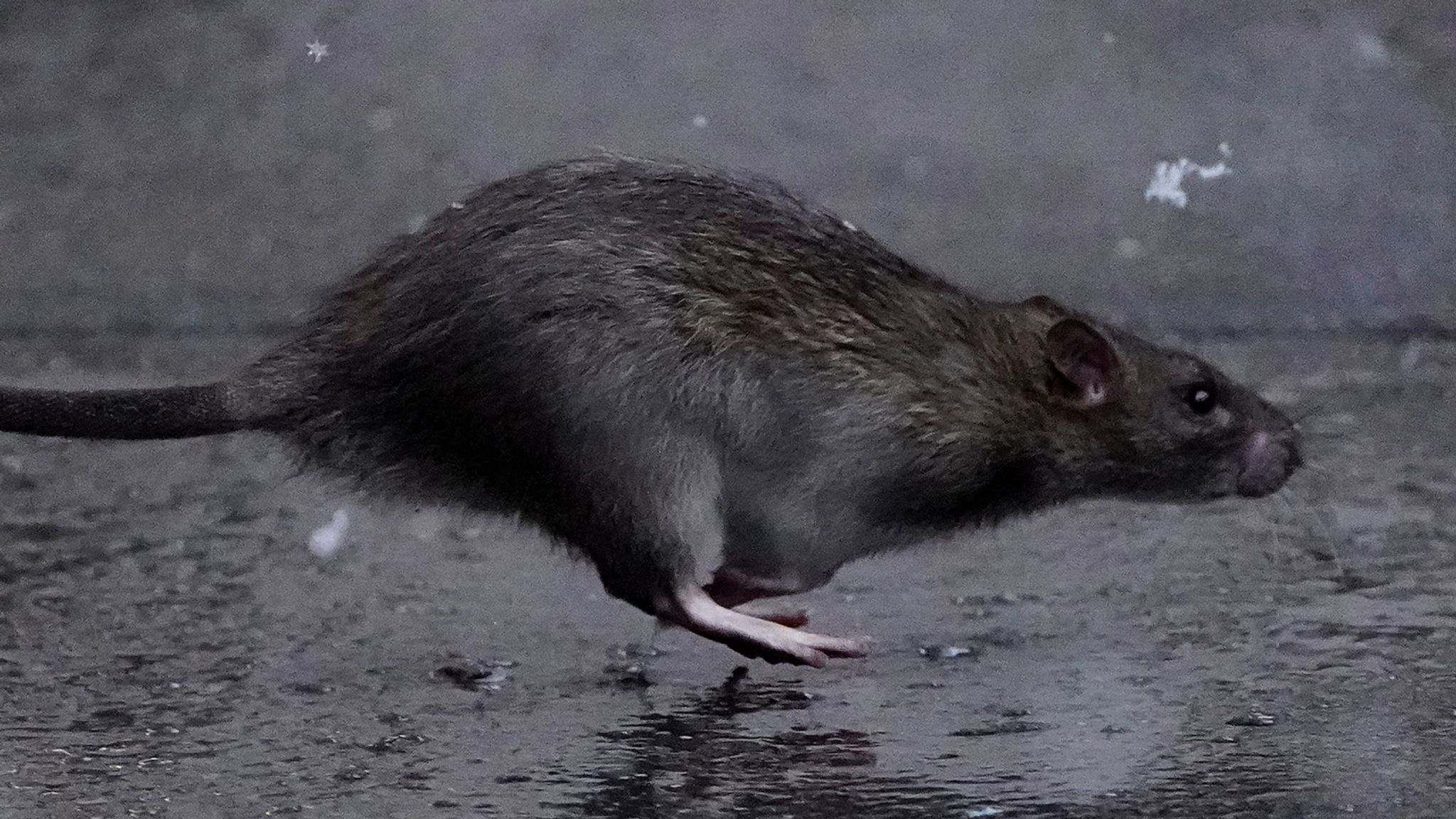
According to a recent study, rats from New York City are capable of carrying the COVID-19 virus. The research was published in the American for Microbiology’s open-access journal mBio. It was found that three Covid versions can cause harm to New York rats. Researchers expressed concern that infected wild rats have “ample possibilities” to connect with people in a metropolis where there are an estimated 8 million rats.
The most widely accepted idea of the Black Death, a pandemic that struck Europe between 1347 and 1351, was that rats had a role in the virus’s transmission to people. Fleas carrying the plague plagued a big population of rats, which in turn directly infected a sizable human population.
The study was one of the first to demonstrate how COVID-19 variations may infect wild rats
The notion that rats could harbor the virus that causes COVID-19 is now potentially irrelevant. Despite the fact that it is uncommon for COVID-19 to be transmitted from animal to person, the federal Centers for Disease Control and Prevention (CDC) notes that most often humans infect animals. Dr. Henry Wan, the study’s lead author, said the new findings underscored the need for additional research before reaching any firm conclusions about this issue. According to Dr. Wan, the viral risk in rat populations is being studied to see if the virus is spreading among the rodents and developing into new strains that could endanger humans.
The University of Missouri’s Center for Influenza and Emerging Infectious Disease is run by Dr. Wan. According to him, the study was one of the first to demonstrate how COVID-19 variations may infect wild rats in a significant US urban area. Investigations on rats in Hong Kong and Belgium revealed that they had been exposed to the COVID-19 virus, albeit it is unknown which specific type they have.
Researchers sequenced the genome and performed virological analyses on samples taken from 79 rats for the study
Researchers sequenced the genome and performed virological analyses on samples taken from 79 rats for the study, which was published on Thursday. With the approval of the NYC parks department, they mostly caught rats in Brooklyn parks, especially in and around areas that were bordered by wastewater systems.
Of 79 rats, 13 tested positive for COVID-19. Researchers then conducted a virus challenge study and found Alpha, Delta, and Omicron variants infections in Sprague Dawley rats. “Overall, our work in this space shows that animals can play a role in pandemics that impact humans,” the study authors wrote, “and it’s important that we continue to increase our understanding so we can protect both human and animal health.”
Yet, according to Dr J. Scott Weese, head of the Institute for Public Health and Zoonoses at the University of Guelph in Canada, humans are still much more likely to contract COVID-19 from other people than from animals. He was not involved in the new study, but he stated that it serves as a good reminder that the virus is still contagious and that in the future, we should consider both animal and human health when making decisions. Other animals that have had COVID-19 infections previously documented include cats, dogs, monkeys, hippos, deer, and anteaters.